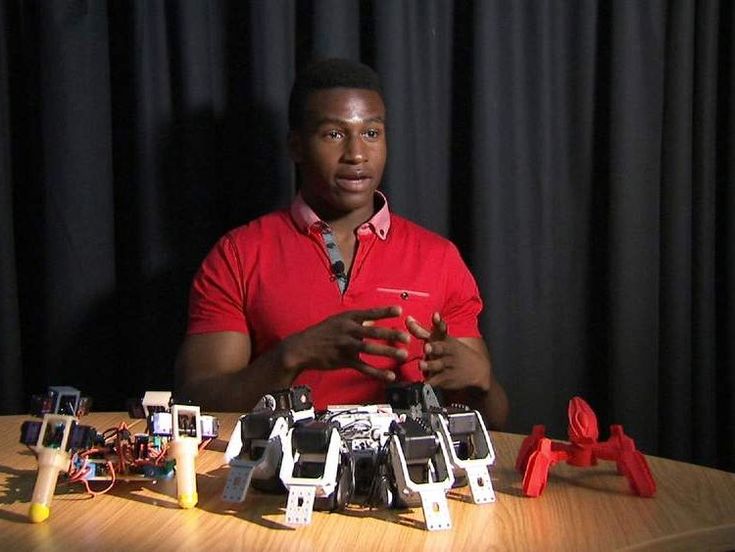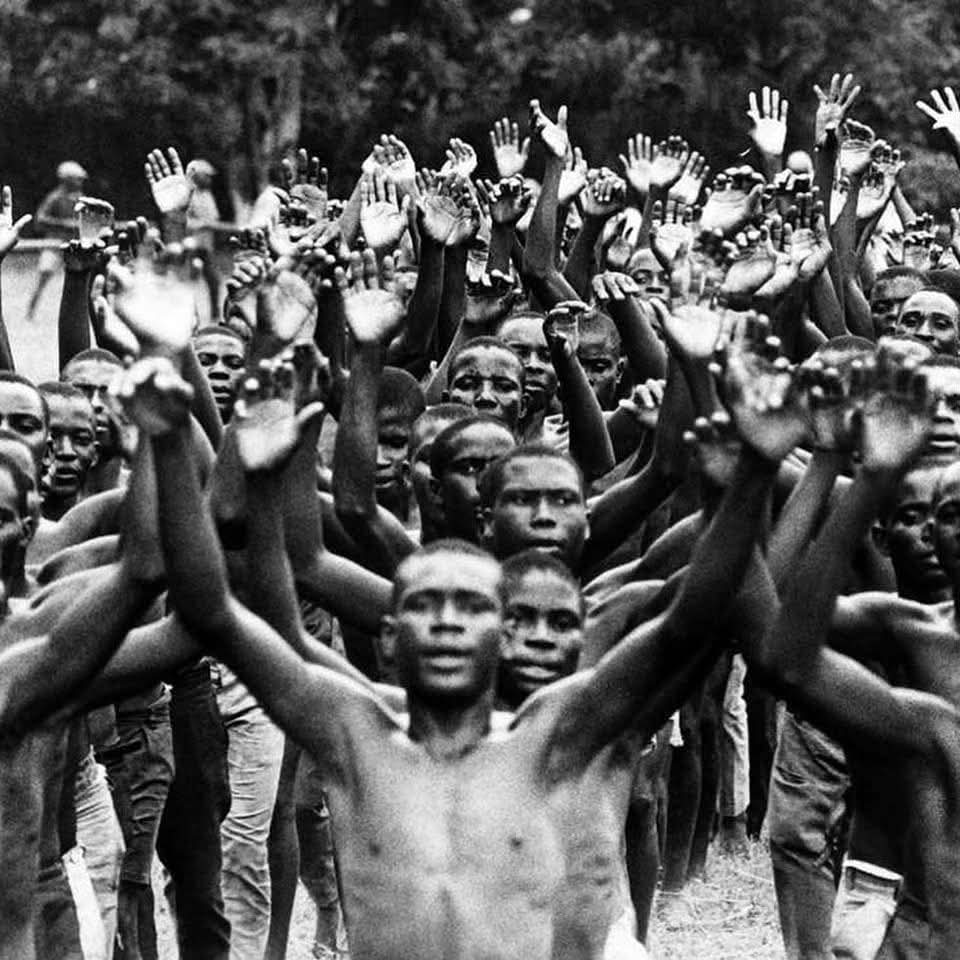Freedom, today, does not fly from the mast of government houses. It walks barefoot through markets, rides on keke tires, hums in workshops, and dances in open-air studios. It’s in the unrelenting spirit of people who build, fix, and create even when the State forgets their names.
In the East, you feel it strongest, that stubborn pulse of survival. From the fabric sellers in Aba who stitch dreams into export, to the young tech minds in Enugu designing solutions the government never imagined. In this setting, freedom isn’t a public policy. It’s a private hustle.
The State That Forgot Its People
Independence promised dignity. What came instead were debts and disillusionment. The nation that once vowed to protect its people now watches from afar while they carry their own weight.
Across the years, we have learned that liberty doesn’t always wear a flag. It sometimes hides in resilience; in the woman who sells to feed ten mouths, in the graduate who starts a small business after years of waiting, in the creator who uses art as protest.
Governance may have drifted away, but the people did not vanish with it. They adapted. They built new systems from what was left behind.
The Rise of Street Freedom

Walk through the streets of Aba and you will see what invention looks like under pressure. The tailor with no power supply running a generator to deliver clothes to customers abroad. The sculptor in Nsukka shaping clay into both art and identity. The Onitsha trader using her smartphone to run a global business from her stall.
These people are not waiting for liberation; they are living it. Their work is a form of protest, against failure, against abandonment, against the quiet cruelty of a nation that has forgotten how to care.
In these acts of persistence lies a kind of freedom, one that no government decree can revoke.
Culture as Counter-Government
If politics rules by laws, culture rules by memory. And memory, unlike policy, cannot be deleted.
Across the East, poets, filmmakers, and musicians are building new languages of power. Spoken word circles in Owerri tell stories that the evening news ignores. Young photographers in Enugu capture beauty amid brokenness. Through their art, they remind us that creation itself is resistance, and expression, a declaration of freedom.
When the system silences, the people find rhythm.
The Parallel Republic
There are now two nations; the official one, and the one that survives it.
The first writes policies; the second writes songs.
One hosts conferences; the other hosts ideas.
This second Nigeria — the one built in markets, studios, and shared spaces — is where the real independence lives. The government may own the anthem, but the people own the beat.
From Enugu’s innovation hubs to the digital creatives of Aba and Owerri, a quiet republic thrives, held together not by laws, but by collective will.
As Achebe said, “The story is our escort” Perhaps this is what freedom looks like now, a story being told not by the powerful, but by the present.
The Freedom We Built Ourselves

This is the freedom we carved with our own hands; raw, imperfect, but ours. It doesn’t come with ceremonies or speeches. It grows in the cracks the State left behind.
The youth are no longer asking for space; they’re creating it. The artisans, the dreamers, the thinkers, they’ve turned survival into citizenship.
And beyond our borders, others are doing the same; on the continent, in cities that pulse with the same defiance and dream. Africa’s story of freedom continues, unfinished but unbroken.The State may hold the constitution, but the streets hold the conscience.
And it is there; in the laughter, the hustle, and the hum of ordinary people that true freedom lives.
